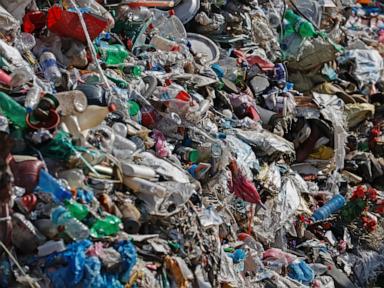ARTICLE AD BOX
Katrina Chan, a 30-year-old influencer from Sydney, recently shared her experience of being diagnosed with skin cancer. According to the New York Post, Katrina Chan went for her first skin check on the advice of a friend, Stephanie Adams, who also had a precancerous mole on her foot. She spent $200 for the first full-body check, following which doctors found a spot of concern
''My doctor said let's just remove some of that skin and we'll get tested. I got a call two days before I went in to get my stitches removed and then he told me it was melanoma - I was completely shocked,'' Ms Chan said.
The diagnosis swiftly led to the removal of the cancerous mole, however, Ms Chan had to spend more than $1000, with the cost covering a GP consultation, mole mapping, cancer removal surgery, and check-ups every three months.
The influencer is now urging everyone to get their skin checked and take sun protection seriously. Despite having worn sunscreen from a young age, she confessed to not applying it seriously enough on her body, only doing so when directly exposed to sunlight.
''It might be expensive now to get checked but if there is something wrong, it's going to be so much more expensive to try and fix it,'' she said.
She also held the misinformed belief her olive skin would help keep her safe from the harsh effects of the sun.
''I only started wearing sunscreen every single day on my face when I was about 25. But not so much on my body, I only really wore it on my body when I was directly in the sun,” Ms Chan added.
More than 16,000 Australians are expected to be diagnosed with skin cancer in 2024. The Melanoma Institute Australia is calling on the government to make screening more affordable for high-risk patients, including those with a family history or fairer skin complexion.
The main cause of skin cancer is excessive exposure to the harmful ultraviolet radiation of the sun. The sun's rays emit ultraviolet rays that are harmful to the body and cause changes in the cell structure making them replicate in abnormal numbers. The earliest and most common symptom of skin cancer is a change in the colour of a particular area of the skin.
That's why sunscreens should not be perceived as cosmetic but as essential to protect one's skin.
.png)
 10 months ago
4
10 months ago
4








 English (US)
English (US)